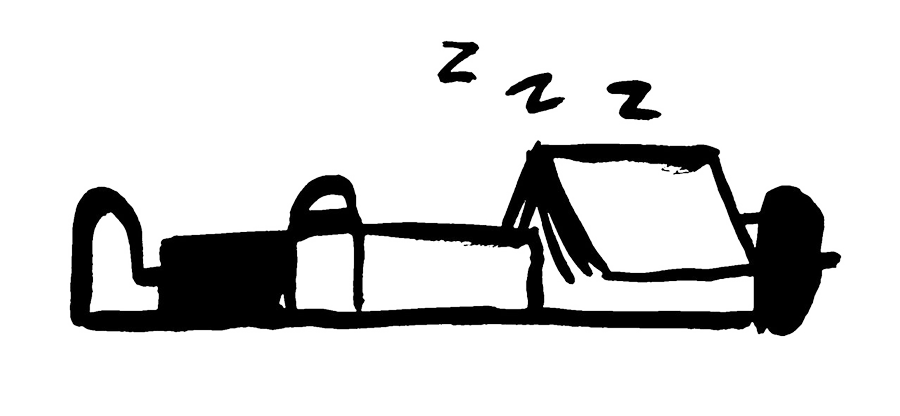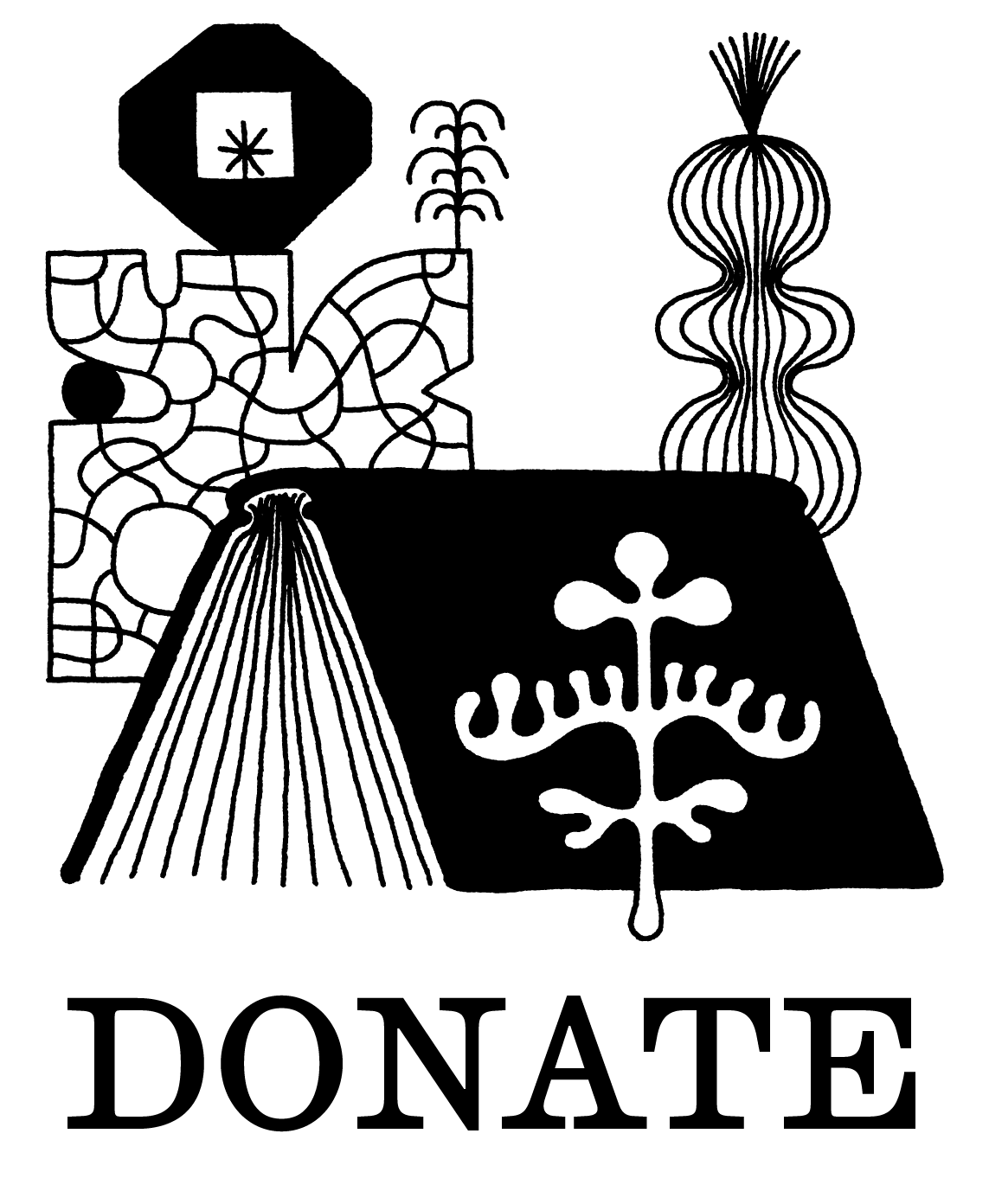
| Title |
Queer-as-Dorset
|
|
Author(s)/Editor(s)
|
Paul Sammut
|
| Publisher | Lighthouse |
| Pages | |
| Dimensions |
195 x 250 mm
|
| Format | Single-sheet zine and fold-out poster |
| Year | 2024 |
“Queer-as-Dorset is a potted history really and I’m hoping that by bringing these stories together in one place, it helps people in the area feel more connected to where they live by recognising that Dorset has a Queer history,” says Paul, explaining such validation is important for the LGBTQIA+ community and particularly for young people.
It’s tough growing up as a Queer person growing up when everything around you seems to be set up for heterosexual lives. But Queer history is not new and sharing it shows that we’ve always been here carving out ways to create community and live happy lives.
Queer-as-Dorset features some of the big literary figures – TE Lawrence, Valentine Acland and Sylvia Townsend Warner – as well as people like Derek Jarman, who filmed at Dancing Ledge, and Alan Turing, who went to school in Dorset.
I also spent time researching the Bishopsgate Institute Archives held at the LSE Women’s Library. They hold the Lesbian and Gay News archives and a lot of local newspapers, which traditionally reported everything. So, for instance, you might find stories of men being arrested for soliciting perhaps and, shockingly, their names and addresses printed.”
The Dorset project follows Paul’s successful Queer-as-Stoke project and is a brief and partial history of LGTBQIA+ stores and events in and around Dorset, incorporating information about organisations such as the pioneering CHE (Campaign for Homosexual Equality) that had active regional groups across the country from the 1970s.
As ever with a project like this there isn’t the time or budget to research as deeply as I’d like, but I came across some great stories, such as one from the mid-1970s about the Lord Nelson and the Jolly Sailor pubs on Poole Quay being listed as places to meet for gay people, much to the annoyance of their respective landlords. That story was followed up by a letter from a reader who said he had left the Poole area but returned every weekend to meet his gay friends in those pubs as he had for at least the years.
It’s clear that while there may not have been obviously advertised gay places to meet, people would organise more informally and make their own arrangements.”

